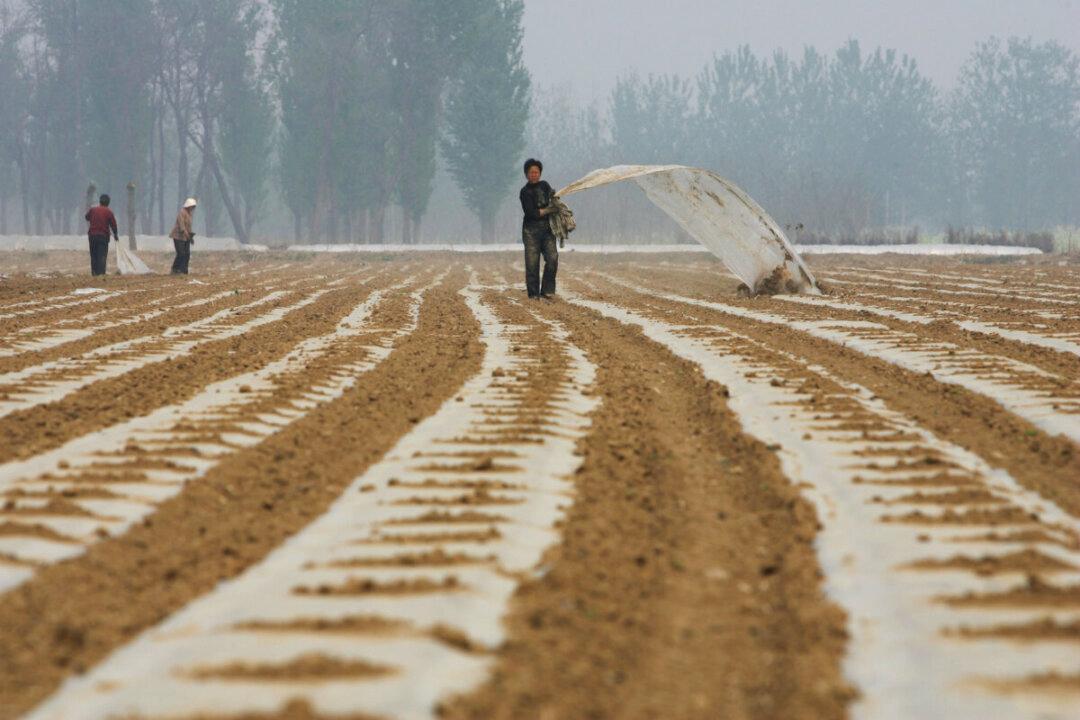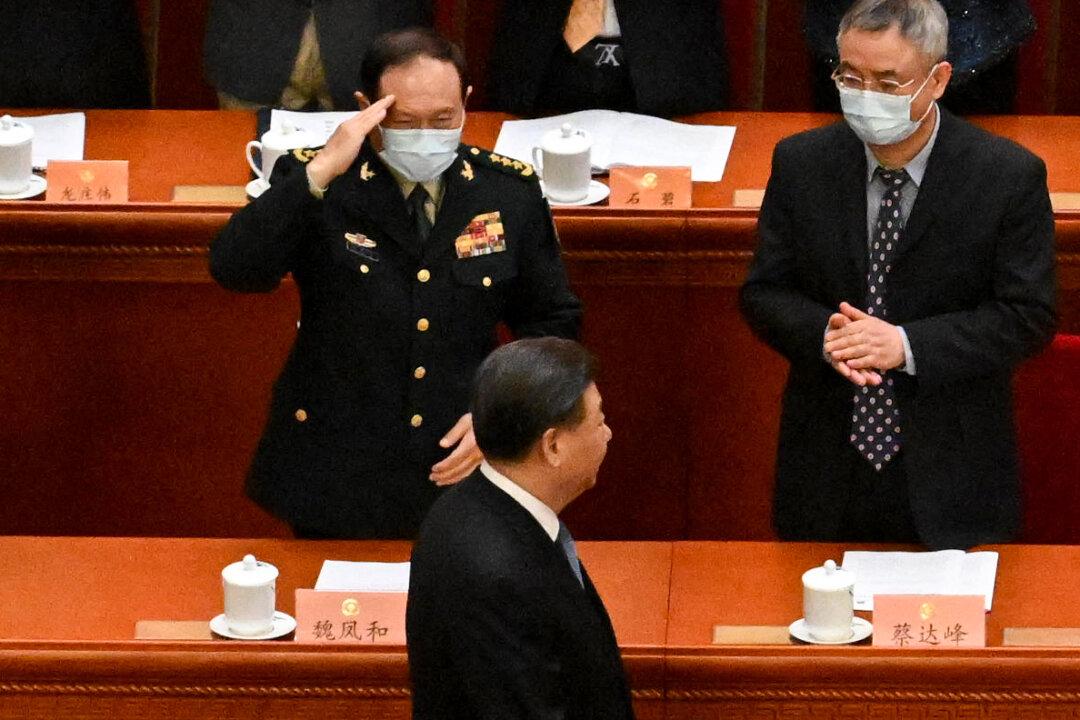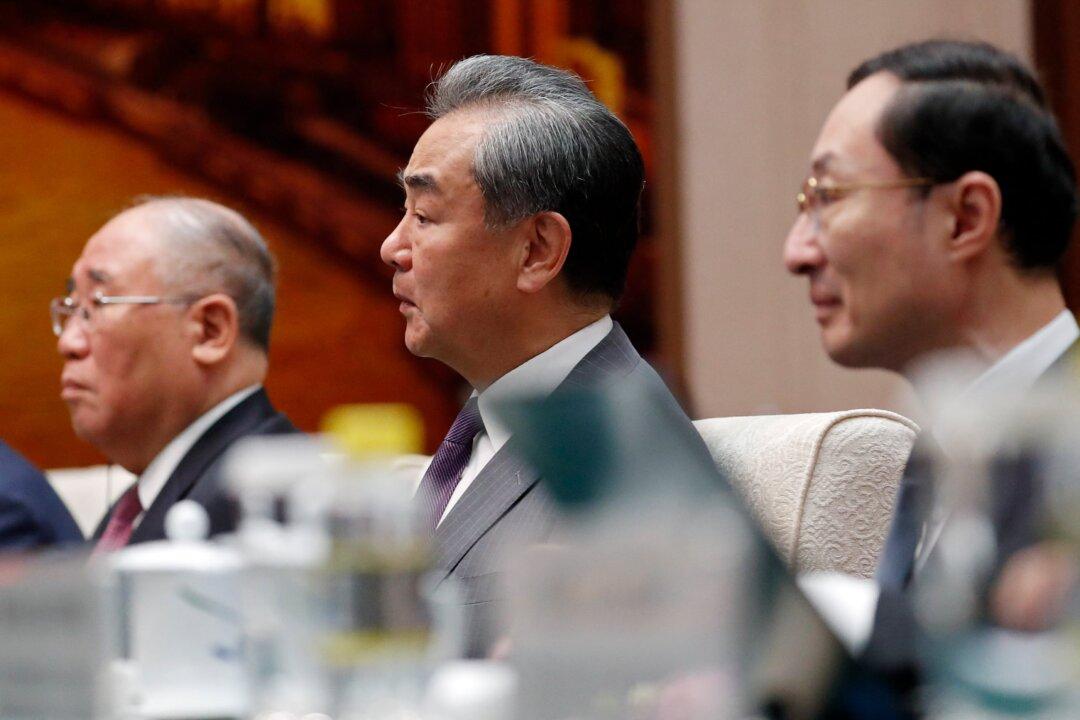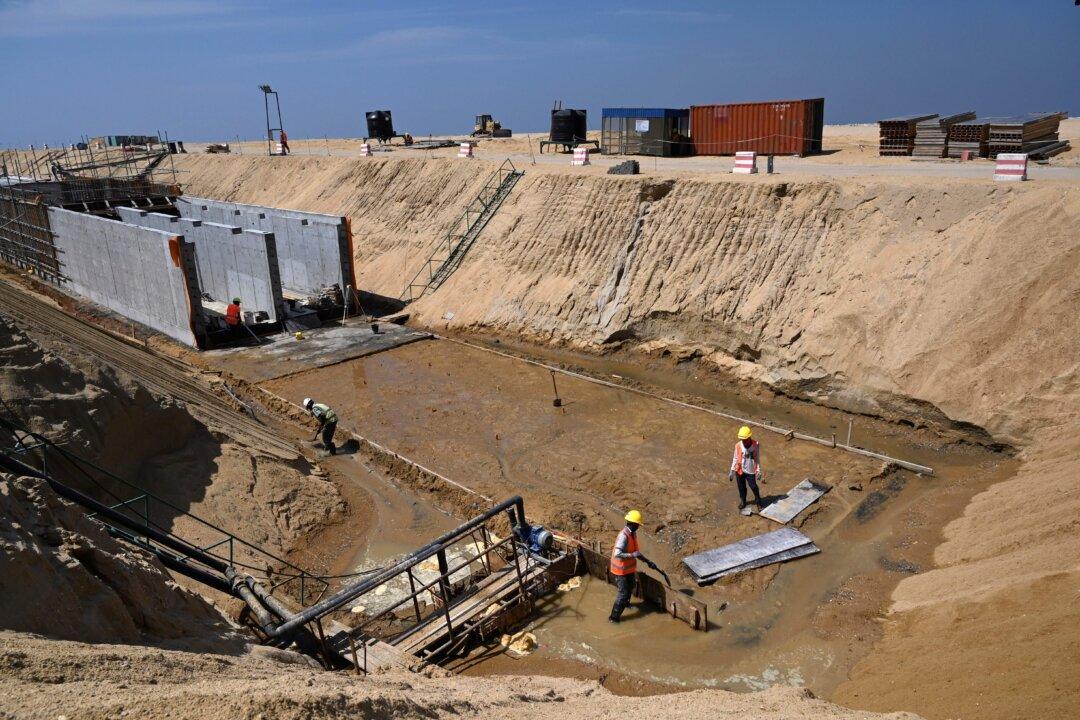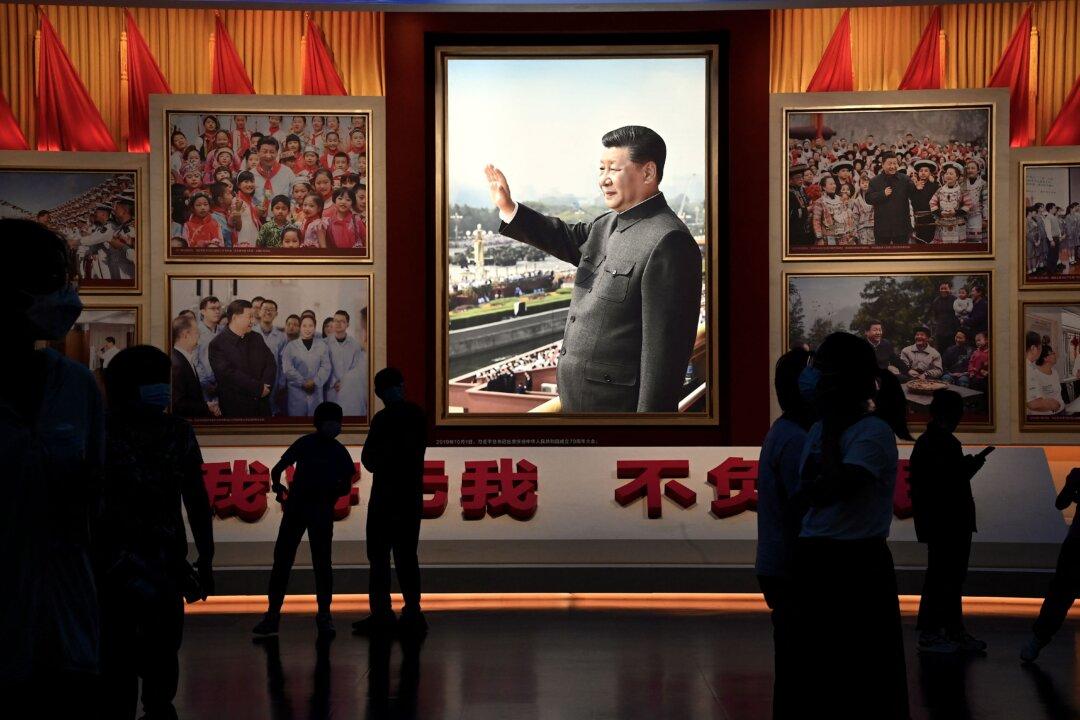Chinese Communist Party (CCP) leader Xi Jinping expressed concern about a food crisis at a recent meeting, despite the official media reporting 18 consecutive years of good harvests in China.
Xi noted that “arable land is still decreasing,” according to official media CPC News on Dec. 12, citing Xi’s speech at a Dec. 8 economic work conference, “Some places have a lot of good lands where they don’t grow grain … so what about grain?”
